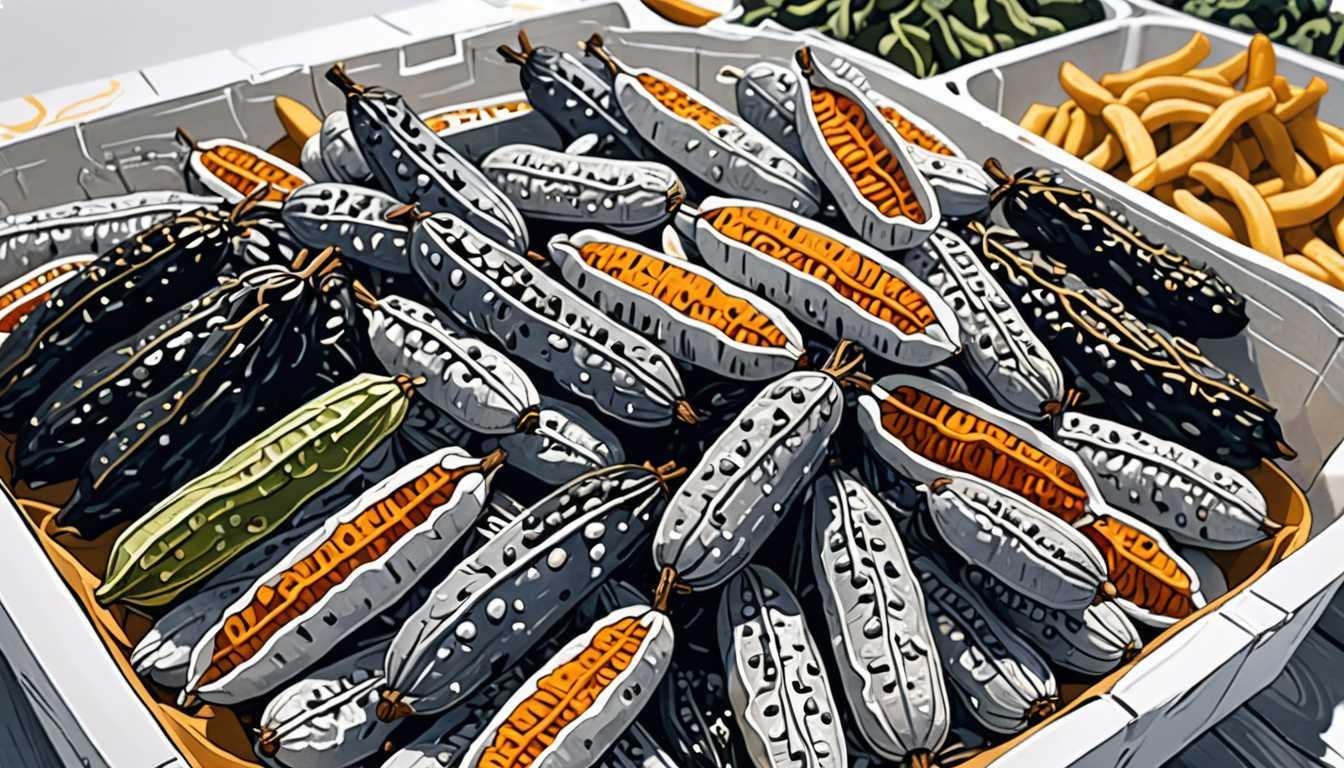Pollen Trails: Unveiling Butterfly Journeys
January 2025
JSTOR Daily
Introduction
Ever wondered how butterflies know where to go? Join Sylvain Cuvelier and his granddaughter as they explore their garden in Belgium, learning to track butterfly migrations through tiny pollen grains! This fascinating article from JSTOR Daily reveals how citizen scientists help decode the mysterious journeys of these winged wanderers. From the Middle East to Europe, discover how pollen gives butterflies a “GPS” of sorts and why this research is crucial for understanding climate change. Dive in for a flutter of excitement!
READ FULL ARTICLEWhy It Matters
Discover how this topic shapes your world and future
Unlocking the Mysteries of Butterfly Migration
Understanding butterfly migration is more than just a fascinating science project, it connects to bigger issues like climate change and ecosystem health. Insects, including butterflies, play crucial roles in our environment, like pollinating plants that provide food for many creatures, including humans. When you think about it, butterflies are like nature's tiny travelers, embarking on epic journeys that can affect entire ecosystems. By studying their migration patterns using innovative techniques like pollen analysis, scientists can uncover how environmental changes impact these creatures and, by extension, the world around us. This knowledge is vital for conservation efforts and helps us understand the ripple effects of climate change on biodiversity.
Speak like a Scholar
Metabarcoding
A method used to identify different species of plants or animals by analyzing DNA in samples, such as pollen collected from insects.
Ecosystem
A community of living organisms (like plants, animals, and insects) interacting with their physical environment (like air, water, and soil).
Pollination
The process by which pollen from male parts of flowers fertilizes the female parts, allowing plants to produce seeds and fruit.
Citizen Science
A collaboration between scientists and everyday people who contribute to scientific research, often through observing and collecting data.
Migration
The seasonal movement of animals from one region to another, often to find food, breed, or escape harsh weather.
Biodiversity
The variety of life in a particular habitat or ecosystem, including different species of plants, animals, and microorganisms.
Independent Research Ideas
The Impact of Climate Change on Insect Migration
Investigate how changing weather patterns affect the migratory routes of different insect species, including butterflies. This could reveal vital information about future ecosystem changes.
The Role of Citizen Science in Environmental Research
Explore how citizen scientists contribute to scientific discoveries, like tracking butterfly migrations, and how this impacts communities and education.
Pollen Metabarcoding and Ecosystem Health
Analyze how pollen analysis can be used to gauge the health of ecosystems and the potential impact of invasive species or diseases.
Comparative Study of Migration Patterns
Compare the migration patterns of butterflies to those of other insects or birds. This could uncover unique adaptations and survival strategies across species.
The Relationship Between Pollen Availability and Butterfly Populations
Research how the availability of specific flowers affects butterfly population numbers and their migration success. This can highlight the importance of preserving certain plant species in our environments.
Related Articles

Fungi: Nature's Firefighters in Action!
May 2024
JSTOR Daily

Sea Cucumbers: A Culinary and Conservation Crisis
June 2024
Cornell News Highlights

Pollen's Hidden Chemical Guests
April 2023
Phys Org

Signs of Species in Trouble: What’s Next?
May 2024
Harvard Gazette

“Botanic Gardens Unite to Save Our Plants!”
January 2025
U of Cambridge Research